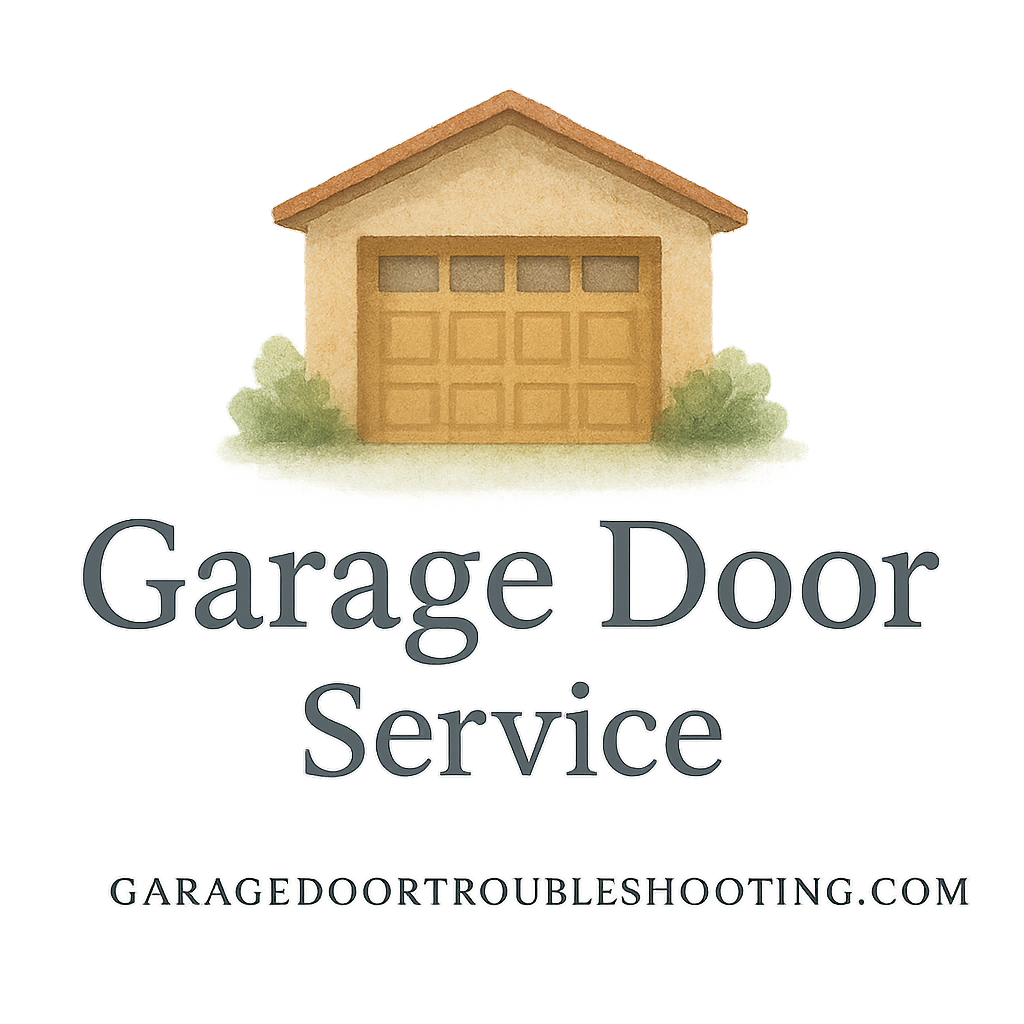Why Garage Door Sensors Fail More Often Than You Think
Garage door sensors are lifesavers, literally. They stop a closing door when someone—or something—gets in the way. But here’s the kicker: these little devices fail more often than most homeowners expect. From dust build-up to wiring problems, the reasons are endless. And when they go bad, your garage door either won’t close or closes unpredictably, which can be both annoying and unsafe.
If you’ve ever hit the button only to watch your door reverse halfway, you know the frustration. Let’s break down how you can take charge with some expert hacks to make sensor garage door repairs not only easier but also reliable.
For more detailed guides, you can always check out the resources at Garage Door Troubleshooting.
Common Signs of Failing Garage Door Sensors
How do you know if your sensors are acting up? Look for these red flags:
- The door reverses unexpectedly.
- The sensor lights blink or don’t turn on.
- The door won’t close unless you hold the wall button.
- One side of the sensor seems “dead.”
If you’re spotting any of these, it’s time to roll up your sleeves.
Hack #1: Realign Your Garage Door Sensors Like a Pro
Most sensor issues trace back to poor alignment. Think of sensors like two friends trying to make eye contact. If one of them is looking away, the whole conversation falls apart.
Step-by-Step Guide to Perfect Alignment
- Loosen the mounting bracket screws slightly.
- Adjust the sensor until both lights glow solid.
- Tighten the screws back carefully.
- Test by opening and closing your door.
Tools You’ll Need for Realignment
- Screwdriver
- Level (a cheap one works fine)
- A steady hand
It’s a simple fix, but it can save you a costly service call.
Hack #2: Clean the Sensors for Reliable Performance
Dirt, cobwebs, and dust are the sworn enemies of garage door sensors. A small speck can block the beam, making your door act up.
How Dust, Dirt, and Debris Affect Sensor Function
Imagine trying to look through foggy glasses—you wouldn’t see clearly. That’s exactly what dirty sensors experience.
Best Cleaning Practices for Garage Door Sensors
- Use a soft cloth or cotton swab.
- Avoid harsh chemicals; a mild cleaner works best.
- Clean both the lens and the housing area.
Quick, easy, and surprisingly effective.
Hack #3: Check the Wiring and Connections Carefully
Sometimes, the problem isn’t what you see but what’s hidden behind the scenes. Faulty wiring can mess up the signals and stop your door from closing properly.
Identifying Loose or Frayed Wires
Look for:
- Exposed copper wires.
- Loose connections at the terminals.
- Signs of corrosion.
DIY vs Professional Wiring Repairs
If it’s just a loose connection, you can tighten it. But if you notice frayed or burned wires, don’t risk it. Call the experts from Garage Door Services Professionals.

Hack #4: Test the Sensor Lights and Power Supply
Those little green and red lights aren’t just for decoration—they tell you what’s wrong.
Understanding the Green and Red Indicator Lights
- Solid green: power is good.
- Solid red: sensors are aligned.
- Blinking: misalignment or obstruction.
Power Supply Issues You Shouldn’t Ignore
Check if the outlet works by plugging in another device. If there’s still no power, you may be dealing with a blown fuse or bad wiring.
Hack #5: Safety Precautions Before Attempting Sensor Repairs
Here’s the truth: some repairs aren’t worth the risk. Garage doors are heavy, and messing around with electrical parts can be dangerous.
Avoiding Dangerous Repairs Without Guidance
Certain fixes, like replacing high-voltage wires, fall under the “don’t try this at home” category. Check out the dangerous repairs guide before you pick up a tool.
When to Call Garage Door Services Professionals
If your sensors are still unresponsive after alignment and cleaning, bring in the pros. They’ve got the gear and know-how to keep your family safe.
Extra Tips for Long-Term Garage Door Sensor Maintenance
Prevention beats repair every single time.
Setting Up a Preventive Maintenance Plan
- Test your sensors monthly.
- Wipe them clean regularly.
- Realign when necessary.
You can dive deeper with garage door maintenance tips.
Why Professional Service Contracts Are Worth It
A service contract ensures you get regular checkups, saving money and stress in the long run.
The Benefits of Reliable Sensor Repairs for Families
Sensor repairs aren’t just about convenience—they protect your loved ones.
Safety for Kids and Pets Around Garage Doors
Kids love to dash around, and pets are unpredictable. Working sensors keep them safe by stopping the door instantly.
Peace of Mind for Homeowners
Nothing beats knowing your home is secure when you hit the remote. For more on this, explore garage door safety and security.
Garage Door Troubleshooting Resources You Can Trust
Want to dig deeper?
Where to Find Installation Advice
If your sensor problems started after a new setup, check out garage door installation advice.
Best Repair Guides for DIY Enthusiasts
For step-by-step fixes, the repair guides are gold.
Final Thoughts on Reliable Sensor Garage Door Repairs
Reliable garage door sensor repairs don’t need to be complicated. With these five expert hacks—realignment, cleaning, wiring checks, power tests, and safety precautions—you’re armed with the knowledge to handle most issues yourself. Still, when things look too tricky, don’t hesitate to call professionals. Your family’s safety is worth more than a DIY gamble.
FAQs
1. How often should I clean my garage door sensors?
At least once every two months, or more frequently if your garage collects dust and cobwebs.
2. What does it mean if my garage door only closes when I hold the wall button?
That’s a classic sign of sensor misalignment or blockage.
3. Can I replace garage door sensors myself?
Yes, if you’re handy with tools. But if wiring is involved, consider professional help.
4. Why do my sensor lights keep blinking even after realignment?
It may be due to wiring issues or obstructions you didn’t notice.
5. Do garage door sensors wear out over time?
Yes. Like all electronics, they can fail after years of use.
6. How do I childproof my garage door sensors?
Regularly test them and learn more from this childproofing guide.
7. Where can I find trustworthy advice for garage door repairs?
The best place is Garage Door Troubleshooting, which covers everything from installation to maintenance.


